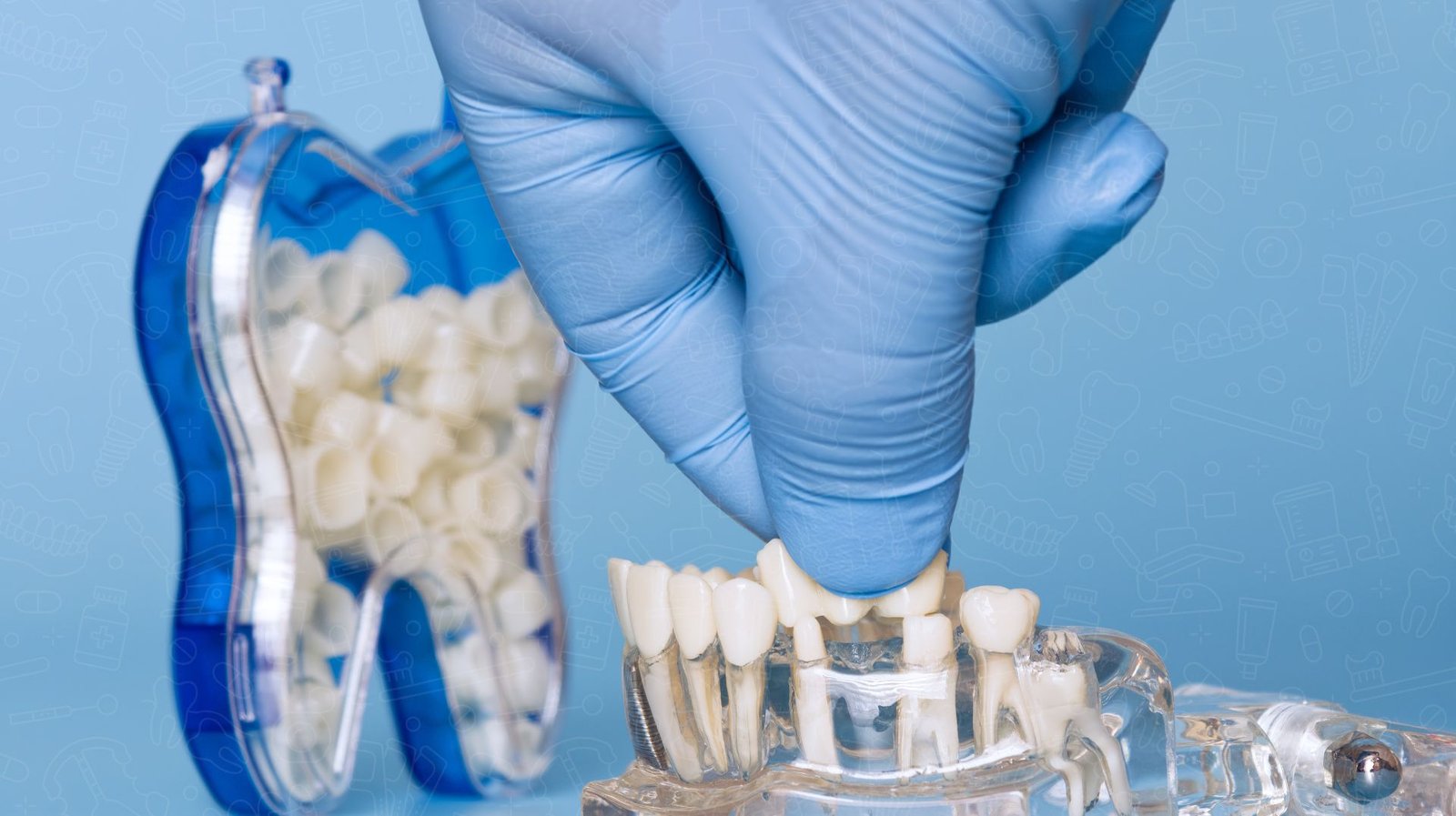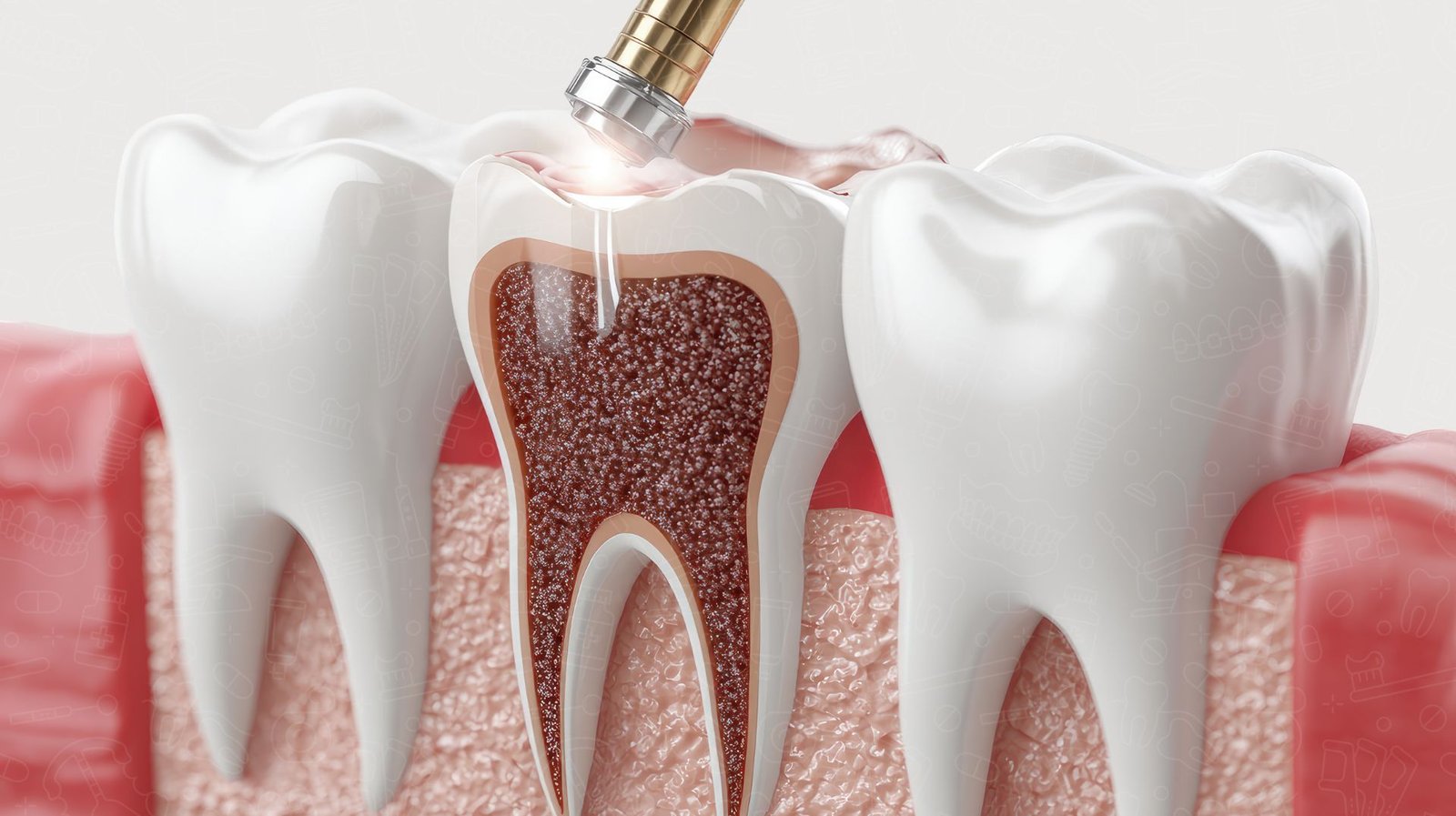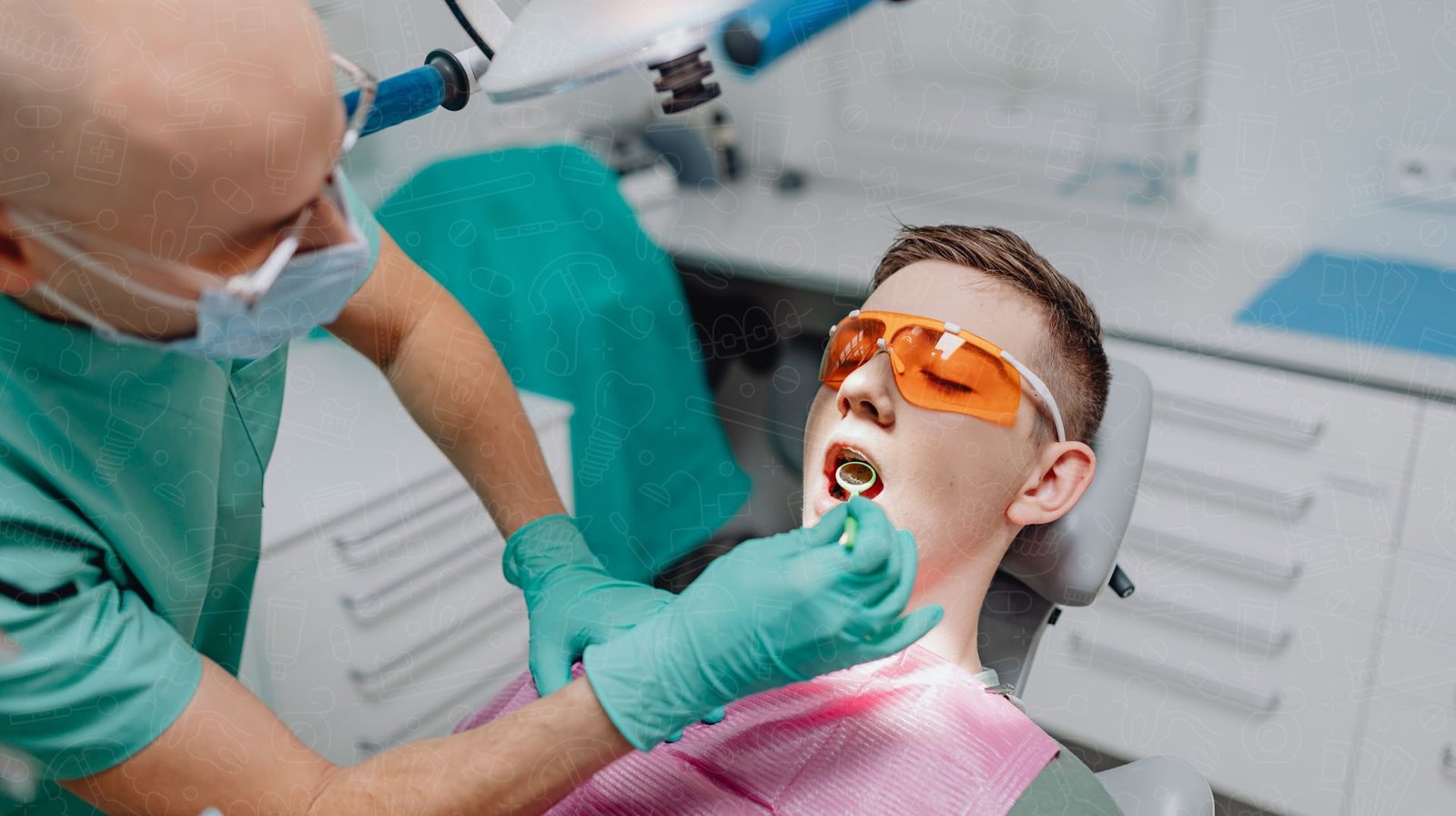1. Introduction
Tooth extraction is a common dental procedure performed to remove a damaged, decayed, or problematic tooth, such as impacted wisdom teeth. While the idea of extraction may feel intimidating, understanding the process and preparing adequately can significantly reduce anxiety and ensure a smoother experience. Whether it’s due to overcrowding, severe infection, or gum disease, being well-informed about what to expect is essential. Preparing for tooth extraction involves both mental and physical readiness, which helps minimize complications and promotes faster healing. By following the right steps, you can approach your appointment with confidence and peace of mind.
2. Understanding the Procedure
Understanding the procedure is a vital part of preparing for tooth extraction, as it helps reduce anxiety and ensures you know what to expect. There are two primary types of tooth extractions: simple extractions and surgical extractions.
A simple extraction is performed on a tooth that is visible above the gum line and can be removed easily with forceps. This is commonly used for teeth with severe decay or minor damage. On the other hand, a surgical extraction is required for teeth that are broken at the gum line, impacted (such as wisdom teeth), or have not fully erupted. This involves a small incision in the gum and may require breaking the tooth into smaller pieces for removal.
Common reasons for tooth extractions include severe decay, advanced gum disease, overcrowding (often before orthodontic treatment), or impacted wisdom teeth causing pain or infection.
By understanding the type of extraction and its purpose, patients can feel more prepared and less apprehensive. Knowing that tooth extraction is a routine procedure performed with modern techniques and anesthesia can also provide reassurance. This knowledge is key to effectively preparing for tooth extraction and fostering a positive mindset for your appointment.
3. Consulting with Your Dentist or Oral Surgeon in Preparing for Tooth Extraction
Consulting with your dentist or oral surgeon is a critical step in preparing for tooth extraction, as it provides clarity and helps address any concerns. During the consultation, take the opportunity to ask detailed questions about the procedure, such as the type of extraction required, the recovery timeline, and any potential risks. This ensures you have a clear understanding of what to expect.
The dentist will review your medical history and current medications, including any supplements, to identify potential risks, such as excessive bleeding or interactions with anesthesia. Be honest about your health conditions, such as diabetes or heart issues, as these may impact the procedure or recovery.
Expect the dentist to perform an imaging and examination using X-rays or scans to assess the tooth’s position, condition, and proximity to other structures like nerves or sinuses. This helps them plan the extraction safely and efficiently.
Clear communication during this stage is essential for reducing anxiety and ensuring proper preparation. Understanding each step and following the dentist’s pre-procedure instructions sets the foundation for a successful experience. Open dialogue helps you feel more confident, making the consultation an integral part of preparing for tooth extraction.
4. Pre-Appointment Checklist
A well-prepared pre-appointment checklist can make the process of preparing for tooth extraction smoother and stress-free. Here are the essential steps to take before your procedure:
a. Medications and Supplements
Inform your dentist about any medications or supplements you are currently taking, including over-the-counter drugs and herbal remedies. Some medications, such as blood thinners, can increase the risk of excessive bleeding during the procedure. Your dentist may recommend adjusting or temporarily stopping such medications in consultation with your physician. Additionally, supplements like vitamin E or fish oil, which may impact clotting, should be disclosed. This step ensures your extraction is safe and minimizes potential complications.
b. Dietary Restrictions
If local anesthesia is being used, dietary changes might not be necessary. However, for sedation or general anesthesia, your dentist will likely ask you to fast for several hours before the appointment. Typically, no food or drink is allowed after midnight before the procedure. Follow these guidelines strictly, as eating or drinking may increase the risk of complications during sedation.
c. Arranging Transportation
If your procedure involves sedation or general anesthesia, arrange for someone to drive you home afterward. Anesthesia can leave you feeling drowsy or disoriented, making it unsafe to drive. Having a trusted friend or family member accompany you not only ensures your safety but also provides emotional support.
d. Comfortable Attire
Wear loose, comfortable clothing to your appointment to help you feel at ease during the procedure. Avoid tight collars or long sleeves that could restrict movement or interfere with the placement of medical equipment. If sedation is involved, short sleeves may be preferable to allow easy access for IV lines. Flat, closed-toe shoes are recommended for stability.
By following these steps, you can eliminate unnecessary stress and ensure you are fully prepared for your appointment. From managing medications and adhering to dietary restrictions to arranging transportation and choosing appropriate attire, each detail contributes to a smoother and safer experience. A comprehensive pre-appointment checklist is an indispensable part of preparing for tooth extraction, allowing you to focus on recovery with peace of mind.
5. Preparing for Tooth Extraction Mentally and Physically
Proper mental and physical preparation is essential when preparing for tooth extraction, as it helps ease anxiety and promotes a smoother procedure and recovery.
Managing anxiety is a key part of mental preparation. Many people feel apprehensive about dental procedures, but there are effective ways to calm your nerves. Practice relaxation techniques like deep breathing exercises or meditation to keep yourself centered and relaxed. If you’re particularly anxious, discuss sedation options with your dentist, such as nitrous oxide (laughing gas) or oral sedatives, which can help you feel more at ease during the procedure. Open communication with your dentist can also alleviate concerns and provide reassurance about the process.
Physically, ensure you get a good night’s rest before your appointment. Quality sleep is crucial for reducing stress and boosting your body’s ability to heal after the procedure. Avoid strenuous activities the day before, and follow any pre-procedure instructions provided by your dentist, such as fasting if anesthesia is involved.
By addressing both mental and physical preparation, you set the stage for a more positive experience. Being well-rested and calm allows you to approach the appointment with confidence, making these steps an integral part of preparing for tooth extraction.
6. Home Preparation for Post-Procedure Recovery
Proper home preparation is a vital aspect of preparing for tooth extraction to ensure a smooth recovery. Planning ahead minimizes discomfort and allows you to focus on healing after the procedure.
Start by stocking up on soft foods such as yogurt, applesauce, mashed potatoes, and soups. These will be gentle on your gums and minimize irritation at the extraction site. Avoid crunchy, spicy, or hot foods that could disrupt the healing process. Additionally, have oral care supplies ready, including gauze, an ice pack, and any prescribed medications or over-the-counter pain relievers your dentist recommends.
Create a comfortable recovery area at home where you can rest. This area should include pillows for support, a cozy blanket, and easy access to water and medications. Ideally, the space should allow you to recline slightly, as lying flat may cause bleeding or discomfort.
Finally, pay close attention to your dentist’s post-extraction care instructions, which may include avoiding strenuous activities, rinsing gently with a saltwater solution, and managing the extraction site with care. Proper adherence to these guidelines is critical for preventing complications like dry socket and ensuring a speedy recovery.
By preparing your home in advance, you can approach your recovery with confidence, making it a key step in preparing for tooth extraction.
7. Final Reminders on the Day of the Appointment
The day of your procedure marks the culmination of preparing for tooth extraction, and following these final reminders can help ensure a smooth and stress-free experience.
Begin by double-checking the instructions provided by your dentist. Confirm whether fasting is required if anesthesia will be used and review any restrictions on medications. If instructed to take specific medications prior to the procedure, such as antibiotics, make sure to follow the prescribed timing. Being meticulous with these details minimizes potential complications.
Ensure you bring any necessary paperwork or medical documents to the appointment. This includes forms provided by your dentist, a list of current medications, or records related to medical conditions. Having these on hand allows your dental team to tailor the procedure to your specific needs. If insurance is involved, confirm that you have all relevant documents or identification ready.
Arrive early to the appointment to allow ample time for check-in and to complete any additional paperwork. Rushing can heighten stress, so giving yourself extra time ensures you feel relaxed and prepared. Early arrival also allows you to address any last-minute questions or concerns with the dental staff.
These final steps are the last key actions in preparing for tooth extraction. Being organized and calm sets the tone for a positive experience, ensuring the procedure proceeds smoothly and without unnecessary stress.
8. Conclusion
Thorough preparation is the foundation of a successful and stress-free tooth extraction experience. From understanding the procedure and consulting with your dentist to following a detailed pre-appointment checklist, each step ensures you are physically, mentally, and practically ready. Proper preparation minimizes complications, reduces anxiety, and promotes faster recovery, making it an essential part of preparing for tooth extraction.
Remember, every individual’s dental needs are unique, and personalized guidance from your dentist is invaluable. Your dentist can address specific concerns, provide tailored recommendations, and answer any questions to help you feel confident about the process.
If you’re in the process of preparing for tooth extraction, our dental team is here to support you every step of the way. From expert advice to compassionate care, we are committed to ensuring your experience is as comfortable and successful as possible. Don’t hesitate to reach out to us today for assistance in planning your procedure and recovery. Your dental health is our priority, and we’re here to help you achieve it with confidence and ease.





